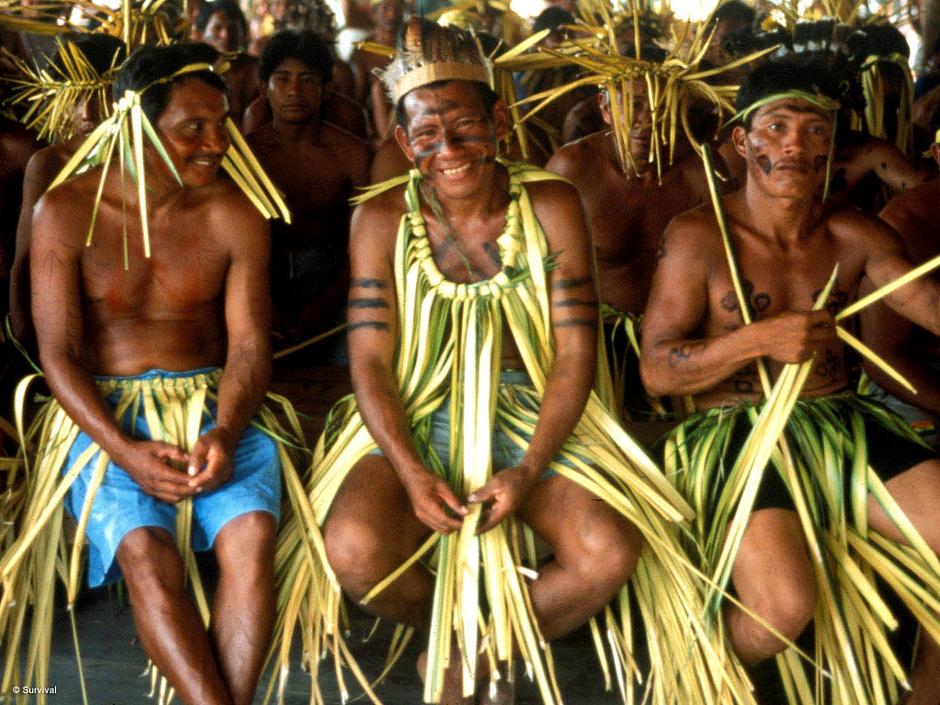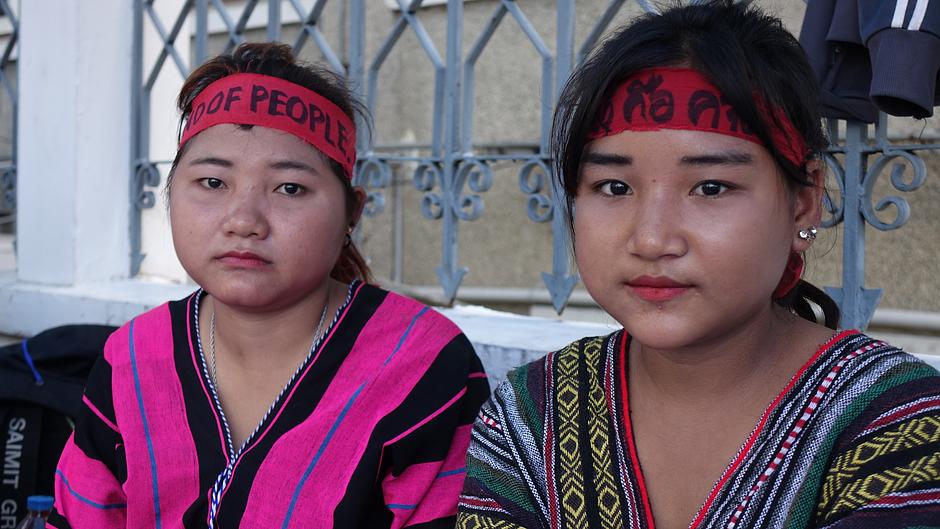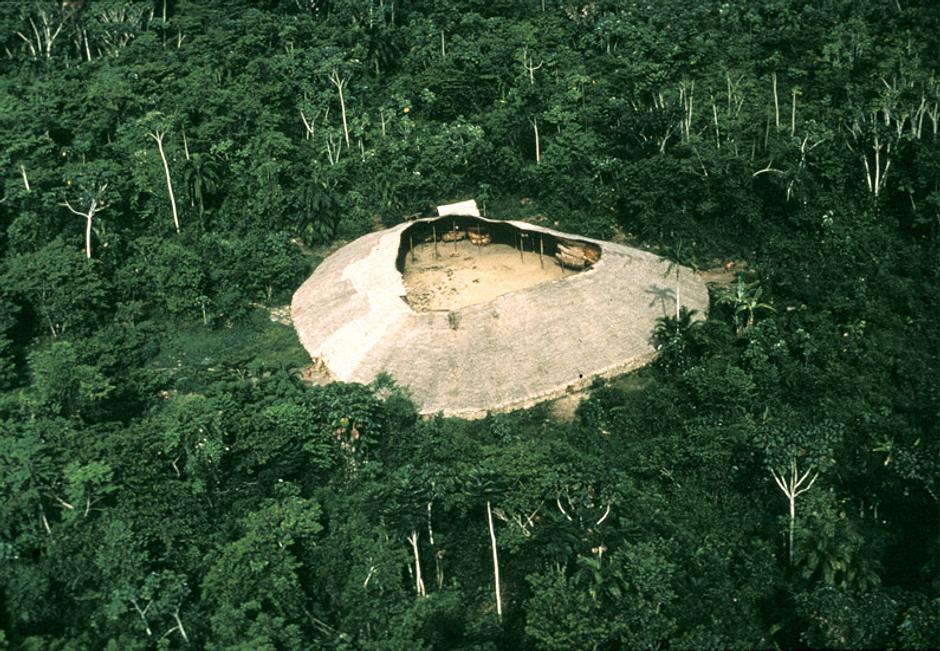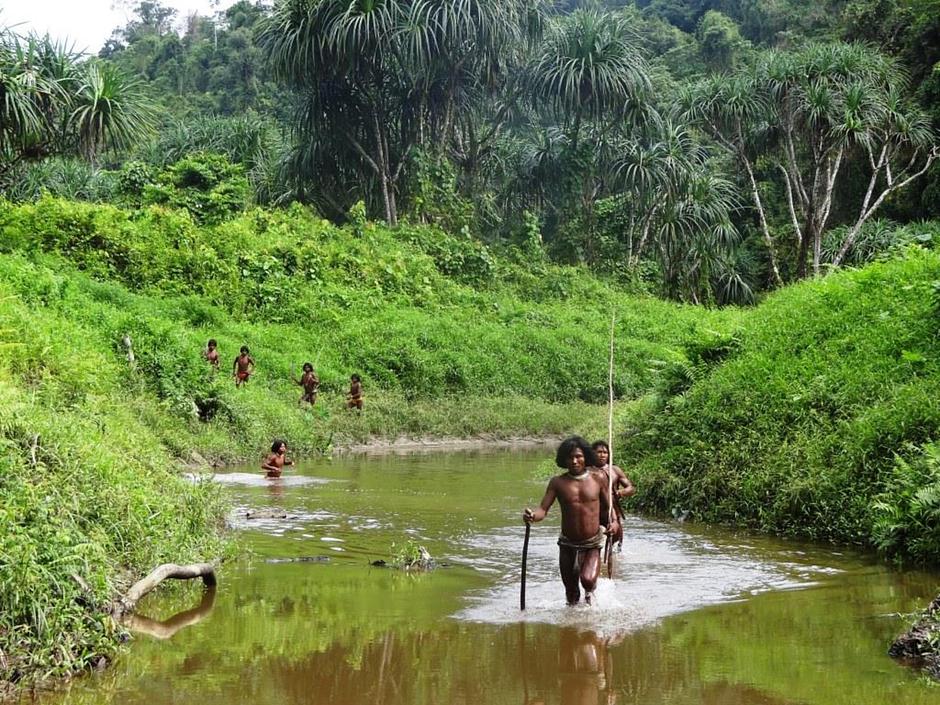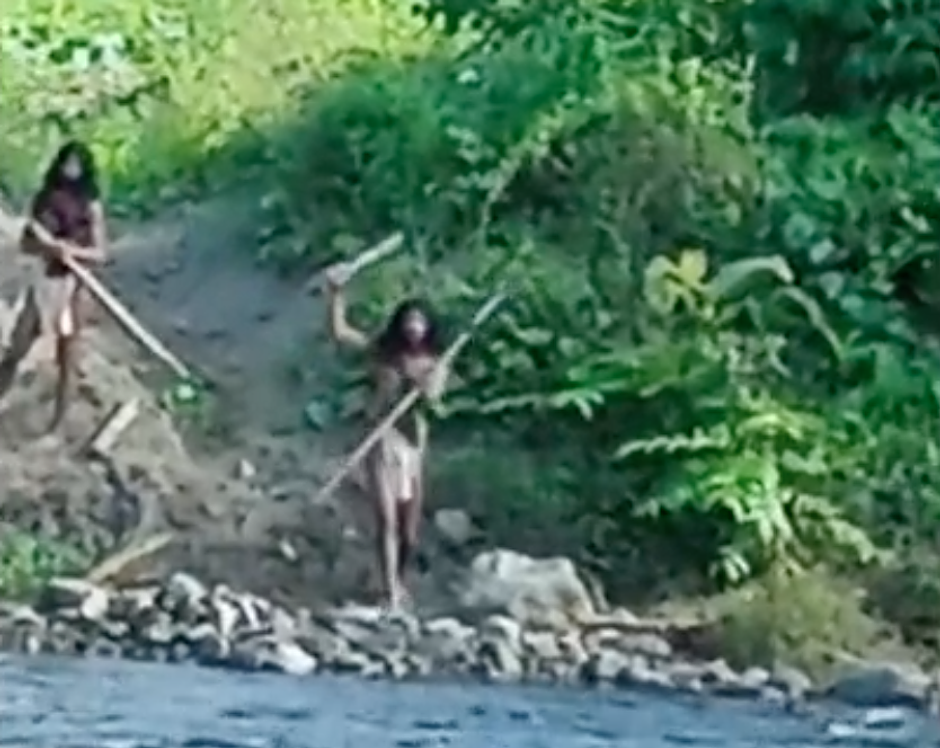Open letter to U.S. anthropologists Kim Hill and Robert S. Walker
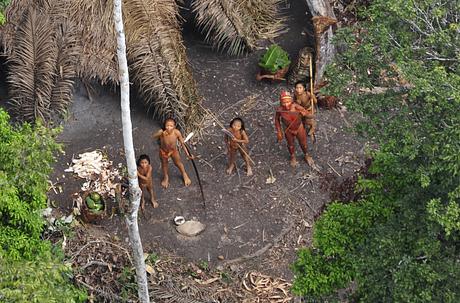
Indigenous organizations across South America have condemned as “dangerous and illegal” calls by U.S. anthropologists Kim Hill and Robert S. Walker to forcibly contact highly vulnerable uncontacted tribes
We the undersigned organizations wholeheartedly reject the proposal of U.S. anthropologists Robert Walker and Kim Hill to forcibly contact uncontacted tribes.
The proposal is both dangerous and illegal, and undermines the rights that Indigenous peoples have fought long and hard for.
The anthropologists claim that uncontacted tribes are unviable, but this dangerous myth plays into the hands of those who wish to invade and exploit tribal people’s ancestral homelands.
The real threats against uncontacted tribes’ futures are genocidal violence, the invasion of their lands and theft of their natural resources, and prevailing racist attitudes.
Walker and Hill say that if uncontacted tribes knew contact “would not lead to massacre and enslavement” they would not choose isolation. But today Indigenous people across the globe are subjected to slavery, violence, and eviction while the destruction of their lands and livelihoods is increasing. They have the right to decide themselves whether to make contact.
International law guarantees tribal peoples’ right to collective ownership of their lands. If this right is upheld, and the boundaries of their territories are protected from the invasion of outsiders – including missionaries, illegal loggers, gold-miners, poachers, and researchers – there is no reason why uncontacted tribes cannot continue to thrive today and far into the future.
We call on Robert Walker and Kim Hill to retract their statement, and instead, support tribal peoples’ rights to remain on their lands without the intrusion of outsiders.
AHHBN (Huni Kui Association of the Henê Bariá Namaki Indigenous territory) – Brazil
Apinajé-Pempxà Communities’ Association – Brazil
Aty Guasu Guarani Association – Brazil
COIAB (Coordinating Body of Indigenous Organizations of the Brazilian Amazon) – Brazil
FENAP (Aché organization) – Paraguay
FEPAHC (Huni Kui Federation of Acre state) – Brazil
Hutukara Yanomami Association – Brazil
OPIARA (Organization of Indigenous Peoples of Acre, north-western Rondonia and southern Amazonas states) – Brazil
OPIT (Ayoreo-Totobiegosode organization) – Paraguay
ORPIO (Peru East Amazon organization) – Peru


